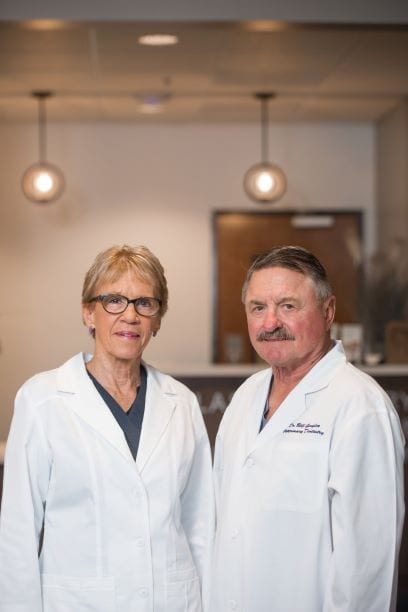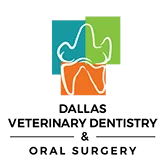What is a Board-Certified Veterinary Dental Specialist or Veterinary Dentist?
The increased sophistication of veterinary medicine and increasingly important role of pets in our society has resulted in the emergence of a number of veterinary specialties comparable to those in human medicine (e.g., cardiologists, radiologists, surgeons, internists, dermatologists, and dentists). Dentistry is one of more than 22 specialties currently recognized by the American Veterinary Medical Association (AVMA).
Specialty certification requires completing 3 to 6 years of training in the area of specialization beyond the Doctor of Veterinary Medicine (DVM) degree. Requirements vary among individual “specialty colleges” but all candidates must pass advanced credential requirements approved by the AVMA. In addition to comprehensive training in the area of expertise, a veterinarian must submit credentials of expertise to a review board in the specialty college. Following acceptance of the credentials, an extensive written and practical examination must be successfully completed before being acknowledged as a specialist.
When these requirements have been met, the applicant is then designated as a “Board-Certified Specialist” or “Diplomate” of the respective specialty college. Veterinary dentistry specialty candidates who complete this process can then use the well-earned titles, Diplomate of the American Veterinary Dental College, Board-Certified Veterinary Dentist, Veterinary Dentist and Veterinary Dental Specialist.
As of 2020, there are only 156 Diplomates of the American Veterinary Dental College in the United States (small animal), i.e. Veterinary Dental Specialist and Veterinary Dentist!

What does the Veterinary Dental Specialist do?
Board-certified veterinary dental specialists are trained to evaluate genetic as well as acquired problems. Advanced diagnostics, including dental radiology and laboratory evaluations, allow proper diagnosis of the oral health and related medical problems prior to treatment planning.
Since the veterinary dental specialist is trained in surgery, medicine and dentistry, a wide range of special treatment options can be implemented.
Patients with oral health problems usually require general anesthesia for evaluation and treatment. Veterinary dental specialists receive extensive training in the safe and effective use of anesthesia and pain management.
AVDC diplomates are prepared to implement appropriate therapeutic programs to improve oral health and the general wellness of their patients.
Source: American Veterinary Dental College

